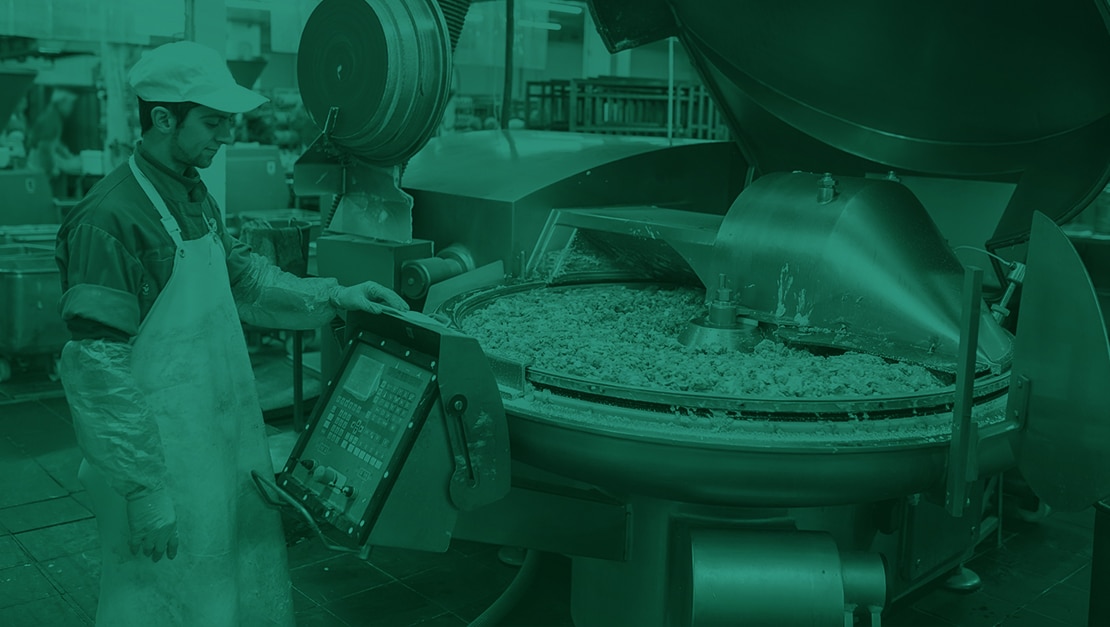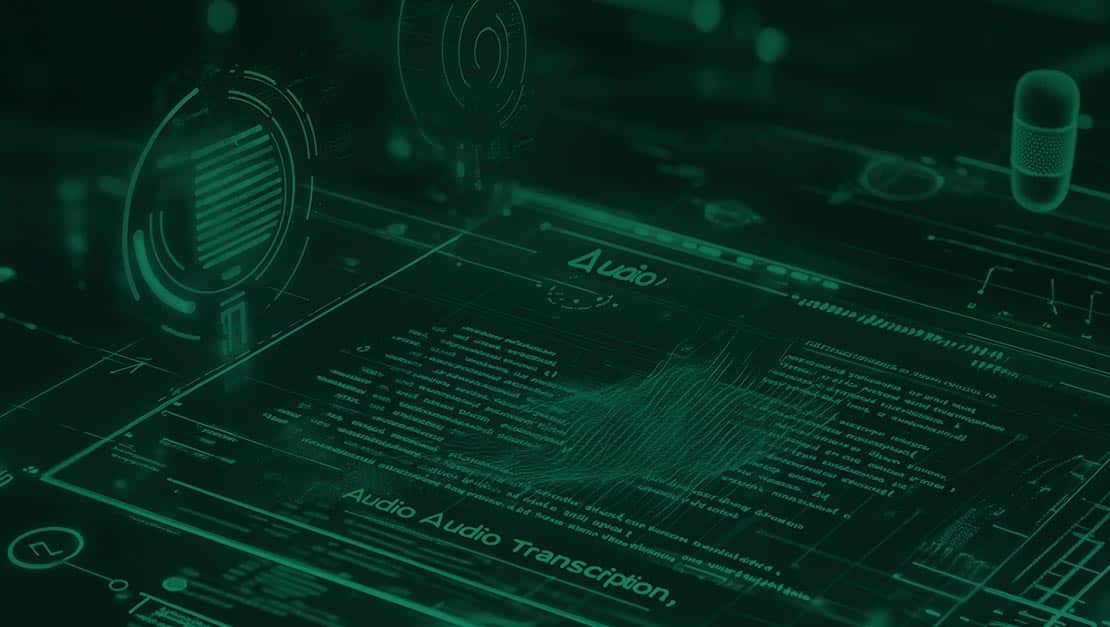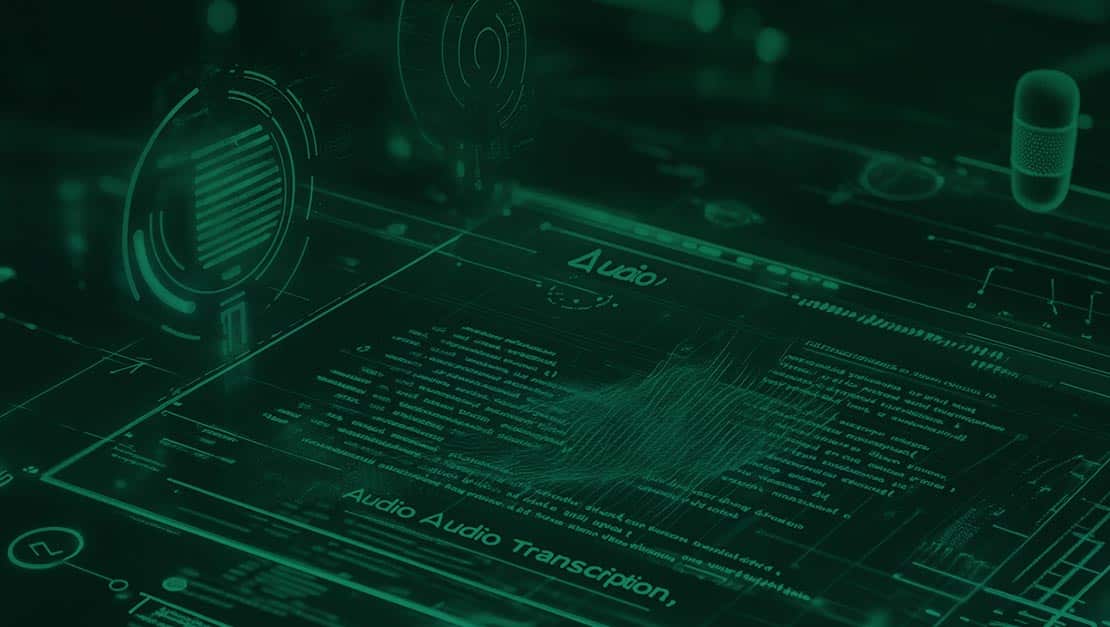Food safety management systems guide companies on best practices for hygiene related to handling food products, as well as provide a framework to comply with regulations. A lapse in food safety can have significant consequences for a company and can range from individual health issues to a major hit on a brand’s reputation.
The consumer’s confidence in the safety of food products is essential to the success of food companies. That’s why more and more businesses in the food space are turning to artificial intelligence (AI) systems to help manage and streamline food safety protocols.
This article will explore some of those AI-powered food safety management systems and examine how they can reshape the traditional approach to food safety. Additionally, by exploring the intersection of cutting-edge AI technology like aiOla and food safety management systems, we’ll see how platforms like these can help lay the groundwork for safe, compliant, and more resilient food manufacturing.
Key Components of Food Safety Management
Food safety management’s goal is to control potential risks and hazards in the process of producing, handling, storing, and distributing food products. Through a set of food safety management principles, regulations, and industry-wide practices, consumers can rest assured that food products remain safe and compliant throughout the supply chain. For a safe product to reach the consumer, employees of food companies need to lead the charge of applying food safety practices to their workflows. Let’s take a look at a few food safety management system examples and regulations.
Hazard Analysis and Critical Control Points (HACCP)
HACCP is a system where food safety is approached by going through potential chemical, physical, and biological hazards and risks related to raw materials. It also looks at food safety throughout the production process, from handling to manufacturing, distribution, and more until there’s a complete product. There are set government regulations companies need to use to remain HACCP compliant, including education and training programs, implementation practices, set principles, and more.
Good Manufacturing Practices (GMP)
GMP is a set of practices and guidelines that help companies ensure their production is high-quality and safe for consumption. GMP practices can be applied to different sections, like medicine and pharmaceuticals. When applied to food, depending on individual production requirements, GMP standards can include various factors, like employee hygiene, equipment maintenance, training, sanitation, pest control, record keeping, overseeing raw ingredients, and more. The FDA has created its own guidelines, called Current Good Manufacturing Practices (CGMP) for food manufacturers to follow.
Traceability and Recall Procedures
Food companies and employees must be able to track and trace the food product movements through a supply chain. This might include identifying batches or lots of products and ingredients, keeping records of suppliers and items as they move, and implementing rapid identification systems, which is where AI can help make this process more efficient. Additionally, companies need to have recall guidelines in place to be able to quickly initiate product recalls when a hazard is detected or suspected.
Documentation and Record-keeping
Keeping up-to-date and detailed records as well as documenting your company’s unique food safety management plan helps companies demonstrate compliance with regulatory bodies. Some types of records and documents that are important to keep include:
- Employee training records relating to food safety
- Standard Operating Procedures (SOPs) for different food-handling processes
- Incident reports to demonstrate what happened and what corrective action was taken
- Supplier documentation to demonstrate approvals or audits
7 Key AI Tools in Food Safety Management
Today, companies rely on many different technological advancements to keep food products and processes safe. From food safety management software to AI food safety technologies, many devices are in place to ensure standards and regulations are followed. While there are various safety tools in the food safety industry, many of them use the following AI-driven technologies:
- Machine learning (ML) uses algorithms to identify patterns in large datasets, enhancing risk assessment and the monitoring of factors that can affect food safety
- Predictive analytics relies on historical data to forecast potential supply chain hazards so employees can make informed decisions more proactively
- Computer vision uses visual recognition technology to identify issues like cross-contamination, enhancing quality control and inspections
- The Internet of Things (IoT) uses sensors in different stages of the supply chain to collect real-time data to continuously monitor storage conditions and send alerts
- Natural language processing (NLP) analyzes spoken language to extract important data to facilitate reporting, cut down on food safety incidents, gather data, and make inspections more efficient
- Smart monitoring devices like tags and labels can track the freshness of ingredients, providing real-time information on perishable goods
- Automated quality control systems that use AI can identify quality deviations more quickly and accurately than employees alone
The Benefits of AI in Food Safety Management
Since integrating with food safety management processes, AI has brought many benefits to the food and beverage industry. Not only is AI making the food itself safer and ensuring higher quality, but it’s also enhancing the way employees work and how they’re able to ensure risks are mitigated throughout the supply chain. Some of the key benefits of AI in food safety management include:
- Compliance with regulatory standards: Companies can streamline compliance using AI-powered data collection and documentation and food safety audit software, making record-keeping and auditing more efficient and reducing the administrative burden on employees
- Increased consumer confidence: Applying cutting-edge AI technology to food safety management instills confidence in consumers who feel your food meets stringent safety and quality standards
- Reduced risk with predictive analytics: AI-powered analytics mitigating risky situations can prevent incidents before they happen, protecting your brand’s reputation and saving on unwanted costs
- Enhanced quality control: Technologies like ML, computer vision, and NLP can improve quality assurance and work more accurately, cutting down on resources needed for manual inspections
- Automation of repetitive tasks: AI can put manual and time-consuming tasks on auto-pilot and help manufacturers automate rule-based tasks to free up human resources for more complex aspects of food safety management
- Cut down on human error: When employees and AI work together, it diminishes opportunities for human error, ensuring higher quality and fewer disruptions to the supply chain
aiOla: Pioneering Food Safety Management Through Speech
Introducing AI technology to your food safety management systems doesn’t need to be complicated. While there are obstacles to implementation, like establishing training programs and ensuring you remain compliant, there are AI platforms out there that are quick and easy to adopt.
aiOla is one of those platforms. Powered by AI, aiOla uses several technologies like NLP, ML, and others to turn voice into action. Just by speaking, employees can automate food safety inspections, drastically cutting down on time spent and increasing accuracy. Not only that, but aiOla helps teams gather otherwise lost data through speech, creating vast datasets to be used to make informed decisions.
With aiOla, food safety management can be improved by:
- Reducing human error by relying on speech to make inspections more efficient
- Getting real-time alerts to equipment malfunctions that can affect the integrity and safety of food products
- Monitor stored ingredients or products quickly through speech
- Free up time related to inspections so employees can focus on other tasks
aiOla works in over 100 languages and understands multiple accents, dialects, as well as industry jargon, making it a reliable system for food manufacturers with plants spread out internationally. Since it’s entirely powered by voice, there’s virtually no learning curve involved, so your existing workflows don’t get disrupted and employees can work more safely by remaining hands-free.
Elevate Food Safety in Manufacturing With AI
With various food safety guidelines and regulations to contend with, it can be tricky for companies to keep track of it all. Not only are following these guidelines important for staying compliant and maintaining brand reputation, but they’re also essential for keeping your consumers safe.
AI platforms like aiOla help you manage it all easily using just the power of speech. You don’t need to constantly stay on top of inspections as the process is automated and resources related to manual checks are drastically reduced. Implementing voice-powered AI technology into your food safety workflows improves the safety of food products, your employees, and your customers.
Book a demo with an aiOla expert to see how our technology can empower your team to improve food safety management systems.








